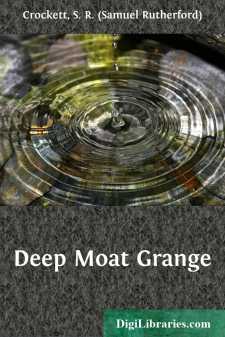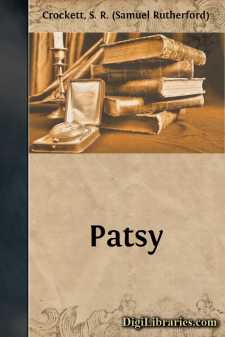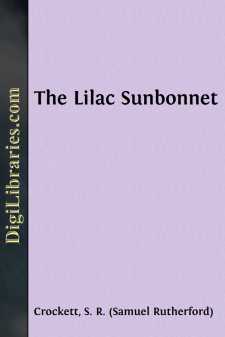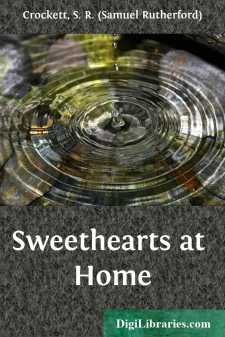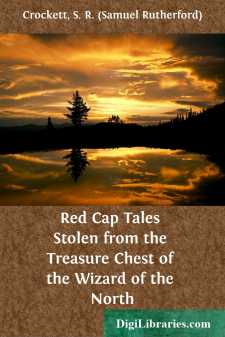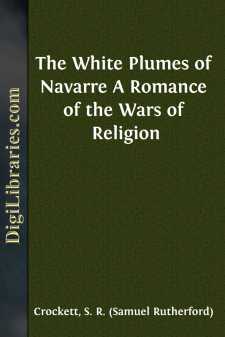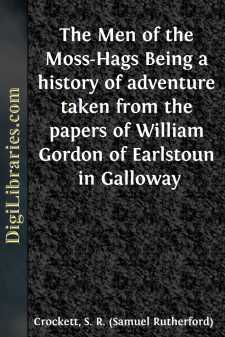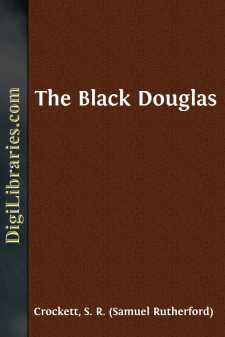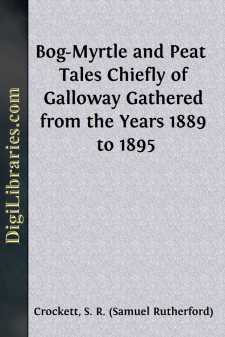Categories
- Antiques & Collectibles 13
- Architecture 36
- Art 48
- Bibles 22
- Biography & Autobiography 813
- Body, Mind & Spirit 142
- Business & Economics 28
- Children's Books 17
- Children's Fiction 14
- Computers 4
- Cooking 94
- Crafts & Hobbies 4
- Drama 346
- Education 46
- Family & Relationships 57
- Fiction 11829
- Games 19
- Gardening 17
- Health & Fitness 34
- History 1377
- House & Home 1
- Humor 147
- Juvenile Fiction 1873
- Juvenile Nonfiction 202
- Language Arts & Disciplines 88
- Law 16
- Literary Collections 686
- Literary Criticism 179
- Mathematics 13
- Medical 41
- Music 40
- Nature 179
- Non-Classifiable 1768
- Performing Arts 7
- Periodicals 1453
- Philosophy 64
- Photography 2
- Poetry 896
- Political Science 203
- Psychology 42
- Reference 154
- Religion 513
- Science 126
- Self-Help 84
- Social Science 81
- Sports & Recreation 34
- Study Aids 3
- Technology & Engineering 59
- Transportation 23
- Travel 463
- True Crime 29
Deep Moat Grange
Description:
Excerpt
CHAPTER I
THE EMPTY MAIL GIG
I was only a young fellow when these things began to happen among us, but I remember very well the morning when it first came out about the Bewick carrier. He was postman, too, but had got permission to keep a horse and cart so that he might make a good little bit by fetching parcels and orders from town. Town to us meant East Dene, and Bewick, to which Harry went, lay away to the east among the woods and hills. It was a lonesome place, Bewick, and, indeed, is still, though now they have got a railway coming within eight miles or so. But the mystery of the Moat Wood happened before there was any talk of railways.
Harry Foster was his name—the carrier's, I mean—and a common one enough in Northumberland. Many a ride have I gotten on his cart, which was a light one on springs—blue body, orange shafts, panelled with red, and the shafts lined red. You could tell the cart anywhere. At least any of the Breckonside boys could, quite a mile away. And if it was too far to see the cart, there was no mistaking Dappled Bess, the carrier's horse, which was bright orange colour with white patches, like the circus pony the clown rides. You've seen that pony. They have one like that in every circus that has ever come to our town, and there's few that pass Breckonside—Seager's, and Lord George's, and Bostock's, the Original and the Real Original, both, and in old days, so my father tells me, Wombwell's itself. Oh, a great place for circuses is Breckonside!
I will tell you about it. Breckonside, where I live, is a good big village about ten miles from the big town of East Dene, where there are docks and a floating landing-stage, and a jail—everything modern and up to date—with railways and electricity cars, and a theatre every night almost, and tramcars that you can hang on behind, and mostly everything that makes a boy happy—that is, for a day.
But still, give me Breckonside for steady. Why, there's only one policeman in Breckonside, and he owes my father for his grocer's bill—oh, ever so much! I shall not tell how much, but he knows that I know. More than that, he always tells his wife what he is going to do, and where he is going to go, and she tells Mrs. Robb, her neighbour over the hedge, and Mrs. Robb tells Mrs. Martin, and Mrs. Martin's Tommy tells me, or else I lick him. So we know. We like our policeman in Breckonside. He can make lovely whistles out of bore-tree, and his name is Codling.
You can see the sea from Breckon Hill, which is wooded to the top, only by climbing up a tree. And away to the north, Scotland way, you can make out the hills called Cheviots, like a long, low, blue cloud.
But about the Bewick carrier, Harry Foster, the thing is just this, and it is a Mystery. I saw the red and blue cart come in—the piebald pony lame, and the splashboard all leaves and blood, but no Harry Foster to be seen anywhere.
It was catechism morning, when the school had to go in half an hour earlier, and the Dissenter folk could keep away their children, if they liked; and that always made Mr....


